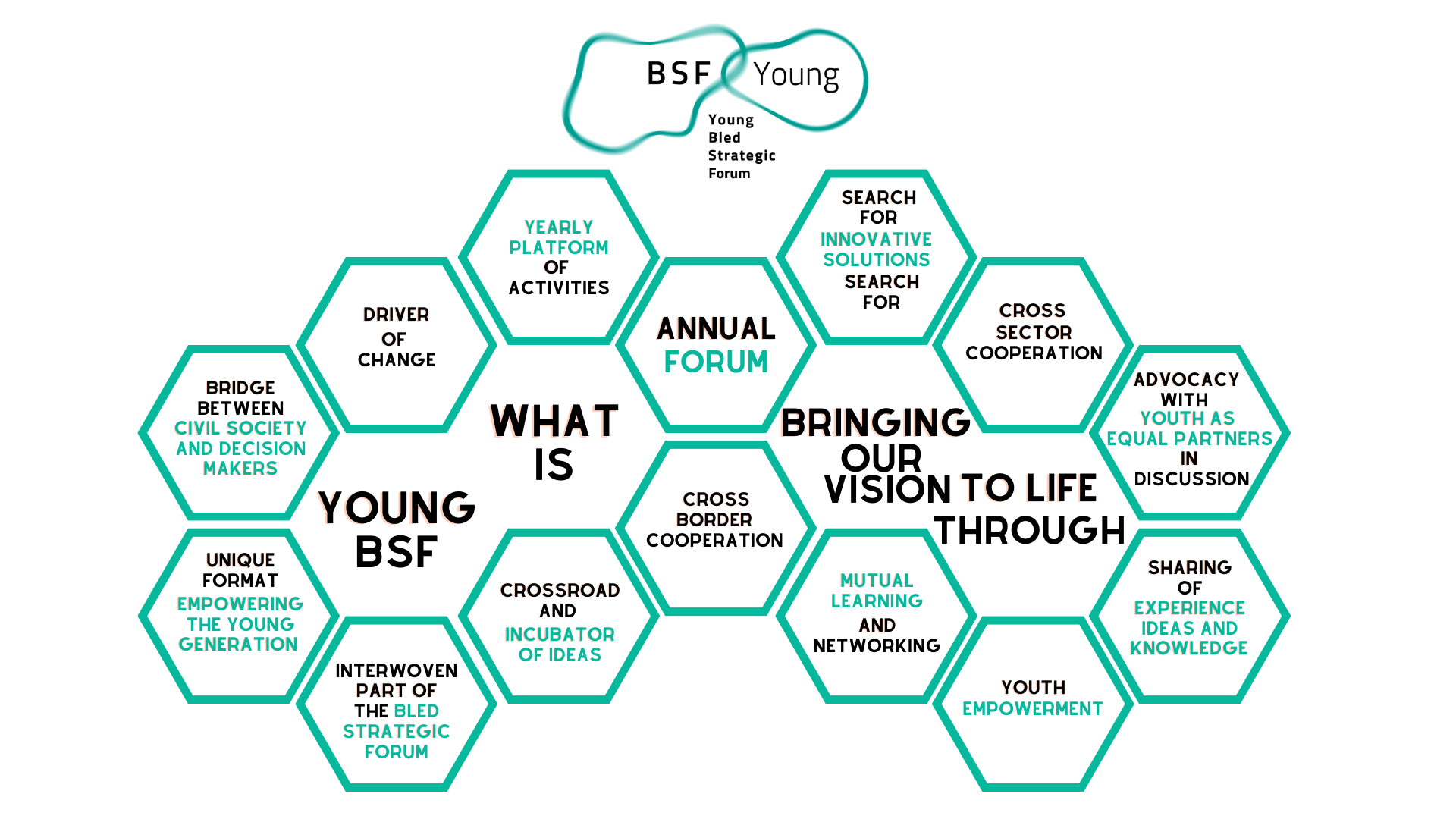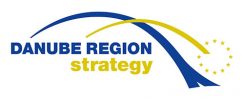Young Bled Strategic Forum 2022
Ljubljana & Bled, Slovenia | 26-29 August 2022Democracy fit for the new age
The term democracy derives from the Greek word democratia, coined from demos (“people”) and kratos (“rule”), thus characterising a typology of leadership and decision-making process determined by rule of the people (Britannica, 2022). From the first spirit of democratic thought in the Greek city state of Athens onwards, the definition was identified in different interpretations in historical, social and geographical dimensions. It is therefore necessary to outline that the institution of democracy is not a finished entity nor created in a vacuum. It is the result of the transformation of our societies, based on the identified needs of their citizens and constructed in response to our changed environments.
Painting a picture of what democracy stands for today may be most vivid through contrast with its foe, namely authoritarian regimes. According to analysis by the Democracy Index for 2021 (determined by the Economist Intelligence Unit on the basis of 60 parameters), only 21 of the 167 world countries covered by the research can be described as full democracies. By adding flawed democracies to the equation, a combined 45.7% of the world’s population live in versions of democracies whereas the remaining 4.2 billion live in hybrid and authoritarian regimes. Downgrades in democratic liberties, severely affected by the COVID-19 pandemic, are also identified within the average global score of the Democracy Index, which has decreased from a value of 5.37 for 2020 to 5.28 for 2021, setting the lowest result in the history of the established research (ibid).
The COVID-19 pandemic has exposed the fragility of our societies (its health systems, communication networks, business models) and outlined the importance of solidarity and cooperation as building blocks for its progress and reinstated resilience. Additionally harmful were/are effects on our democracies, which have taken a turn towards infringement of human rights, abuses of power and more difficult opportunities for the continued coordination of efficient checks and balances. Whereas individuals and economies have mostly re-gained their health within the first two years of the pandemic, the poor health of democratic societies is visible in different symptoms (hindered cooperation, infringement of media freedom, polarisation of societies…) that should not be neglected. Values and liberties are most appreciated and missed when lost, and active citizenship may not be enforced if the former are not first identified and established.
Time and history will interpret the true long-term effectiveness of our societies in the face of the challenges endured. Opportunities to do better today remain and call upon our shared responsibility to determine through retrospective and developed vision whether new challenges will meet us unprepared and direct us towards reactive solution-building. Have we learned from our experiences, and how can we improve the resilience of our democracies by proactively empowering our societies on the local, regional and global levels in order to create a joint prosperous future?
Young Bled Strategic Forum
The 11th edition of the Young Bled Strategic Forum will build on its tradition and interactive framework that enable peer-to-peer cooperation of young leaders, encourage exchanges with decision-makers and international representatives as equal partners in discussion, and will be interwoven with the Bled Strategic Forum platform in all of Its activities.

The programme of the Young BSF, developed in close cooperation with expert speakers and valued institutional partners, will explore different Interpretations of the term democracy, democratic values and principles through the prism of four core pillars:
• Media literacy and information society (with close attention to the challenges of disinformation, misinformation, the importance of free media and support for information integrity as a backbone for strong and resilient democracies).
• Prosperity through diversity (contributing to an open discussion on all aspects of diversity, on the basis of gender, ethnicity, nationality, age and other societal divisions that result in unjust polarisation and marginalisation).
• Mirror, mirror on the wall, who’s the fairest of them all? (holding a mirror up to our democracies, paying attention to all its features, institutional structures, democratic principles and values. How do our standards, wishes and trust change over time, but also what challenges are identified? And ultimately, is democracy still the fairest of them all?).
• Joint solutions for joint challenges (discovering democratic values in a transnational environment, through multilateralism and cross-sector cooperation on challenges that can not/should not be tackled in isolation, in order to yield evident and more prosperous common results on the local, regional and international levels).
Participants of the Young BSF will participate in panel discussions, dynamic workshops and comprehensive cross-sector exchanges of opinions in order to contribute to the critical analysis of democratic functions within our societies, define visions for democracies fit for and resilient against the challenges that await us now and in the future, and improve the well-being of our democracies as ambassadors within their (local, national, regional and transnational) environment.








